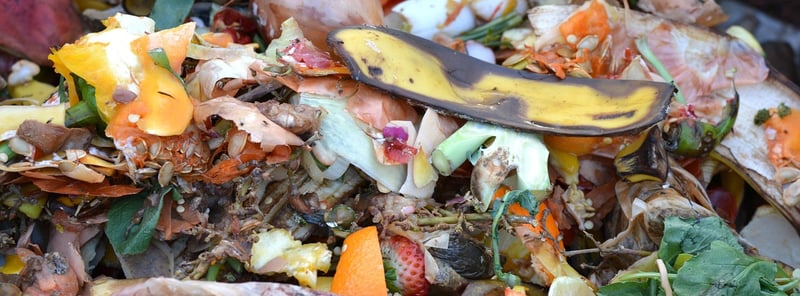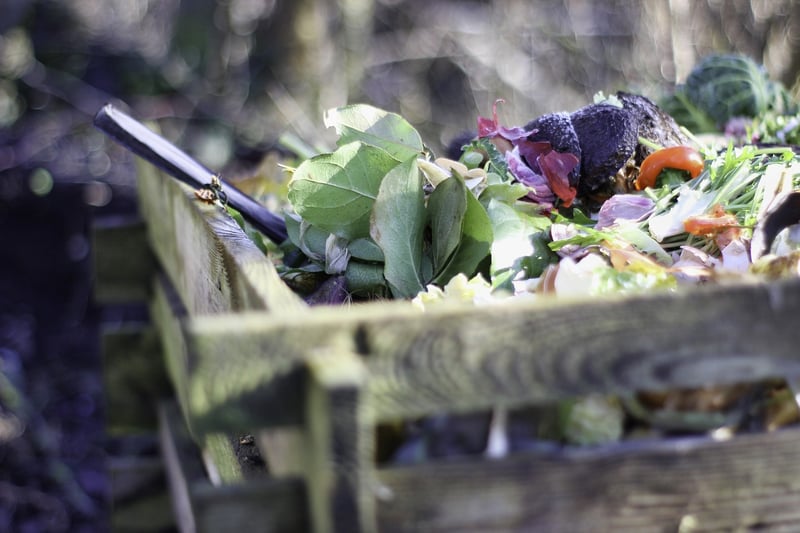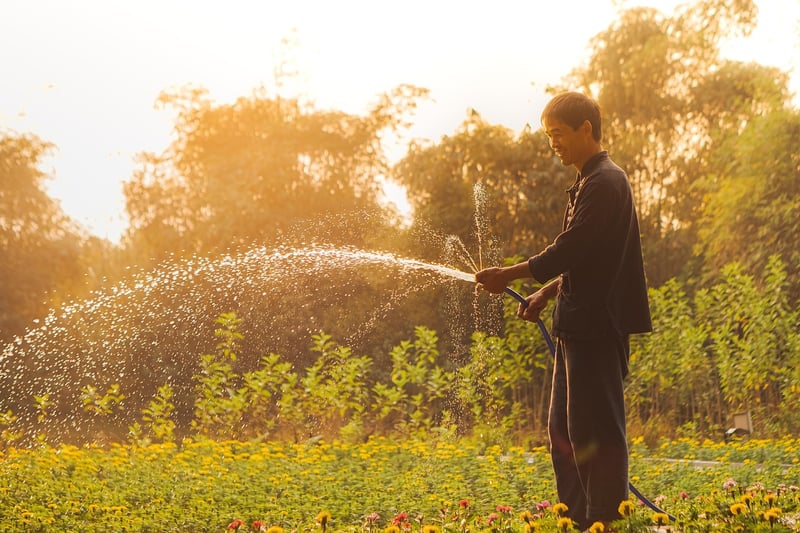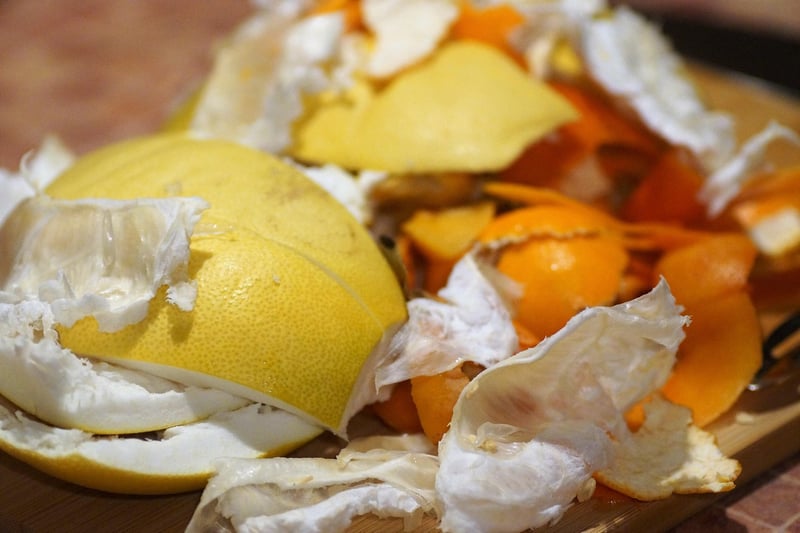Composting Tips
Sustainable Gardening Practices in Urban Settings + Composting Tips
Introduction
Urban gardening is a great way to bring greenery into city spaces while promoting sustainability. By incorporating eco-friendly practices like composting, urban gardeners can contribute to a healthier environment and create beautiful green oases in the midst of concrete jungles.
Sustainable Gardening Practices
1. Use of Native Plants
Choose native plants for your urban garden as they are well-adapted to the local climate and require less water and maintenance. Native plants also support local biodiversity by providing food and habitat for native wildlife.
2. Water Conservation
Install a drip irrigation system or use a rainwater harvesting system to reduce water usage in your garden. Mulching around plants can also help retain soil moisture and reduce the need for frequent watering.
3. Organic Pest Control
Avoid chemical pesticides and opt for organic pest control methods like companion planting, introducing beneficial insects, or using homemade insecticidal soaps. This helps maintain a healthy ecosystem in your garden.
Composting Tips
1. Compost Bin
Start a compost bin in your urban garden to recycle kitchen scraps, yard waste, and other organic materials. A compost bin can help reduce waste sent to landfills and provide nutrient-rich compost for your plants.
2. Balance Green and Brown Materials
For a healthy compost pile, maintain a balance of green materials (such as fruit and vegetable scraps) and brown materials (like dry leaves and cardboard). This balance ensures proper decomposition and prevents odors.
3. Turn and Aerated
Regularly turn your compost pile to aerate it and speed up the decomposition process. Aeration helps maintain optimal conditions for beneficial microbes to break down organic matter effectively.
Conclusion
Embracing sustainable gardening practices and incorporating composting into your urban garden can make a significant impact on the environment. By following these tips, urban gardeners can create thriving green spaces that benefit both the local ecosystem and the community.


 Image Source
Image Source
Image Source
Image Source
Image Source
Image Source
